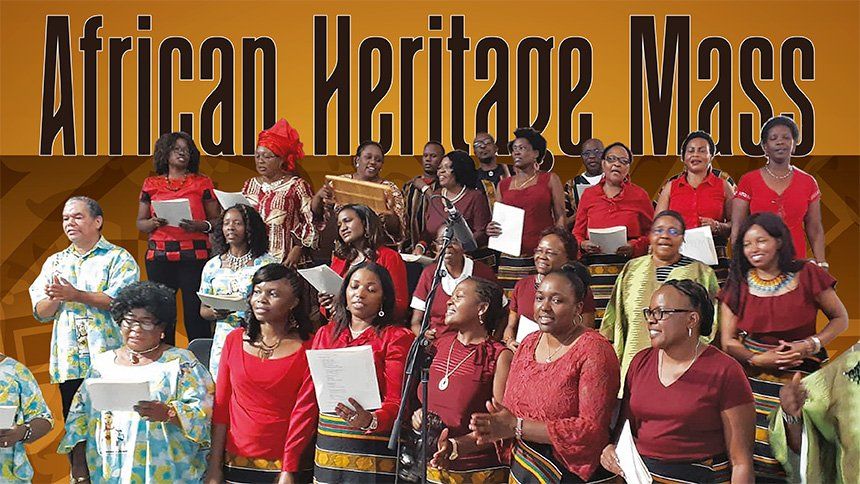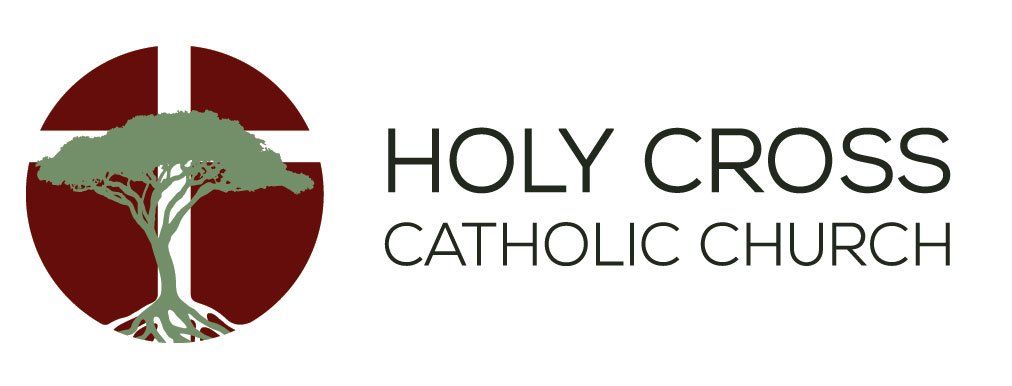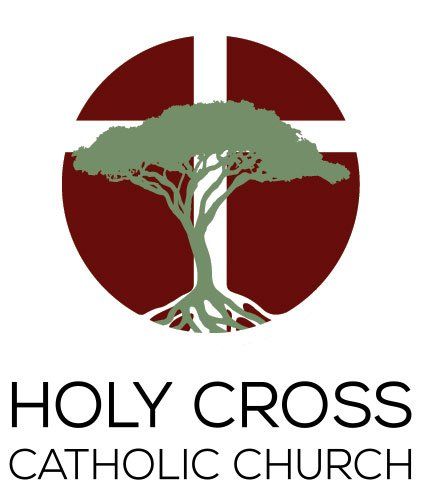DRAFT PAGE UNTIL THIS BEGINS
Catholic African Heritage Masses at Holy Cross
We welcome members of our diverse Catholic African heritage communities to celebrate Mass once a month in the language and customs of their home country.

Click the links below for information about the African Heritage Masses celebrated at Holy Cross Catholic Church in Durham, N.C. Photo credit: Diocese of Raleigh
-
Caribbean Mass | ____th Sunday, 1 PM | Priest Name, email link
About Catholicism in the Caribbean
Catholicism arrived in the Caribbean islands in the 15th century, introduced by Spanish settlers, including Franciscan, Jesuit and other Catholic religious orders, as well as Protestants. Their presence is reflected in the names of many of the Caribbean islands, including the Virgin Islands; Our Lady of Guadalupe in Extremadura; Our Lady of Nieves (of the Snows) now Nevis; Our Lady of la Antigua; Our Lady of Monserrat in Catalonia; St. Martin of Tours (now the island of St. Marteen); St. Ursula and her 11,000 Virgins and Martyrs (thus the Virgin Islands); the Holy Cross (St. Croix); and the Most Holy Trinity (Trinidad).
-
Igbo Catholic Mass | ____th Sunday, 1 PM | Fr. Joseph Oji
About Igbo Catholics
The word Igbo is used in three senses: to describe Igbo territory, domestic speakers of the language and the language spoken by them. Igboland, the home of the Igbo people, covers most of Southeast Nigeria. The first contact between Igboland and Europe came in the mid-fifteenth century with the arrival of the Portuguese. From 1434-1807 the Niger coast acted as a contact point between African and European traders, beginning with the Portuguese, then the Dutch and finally the English.
Christianity was first introduced to the Igbo people through European colonization in 1857. The Igbo people were hesitant to convert to Christianity initially because they believed the gods of their native religion would bring disaster to them. Igbo young men embraced Christianity in an attempt to circumvent the new colonial situation, with the belief that the Christian missionaries would act as a protective shield against the exploitative mechanism of the colonial administration.
-
Francophone Mass | __th Sunday, 1 PM
-
Swahili Mass | ___th Sunday, 1 PM | Fr. Pius Wekesa
Swahili is one of two official languages of the East African Community countries, namely Burundi, Kenya, Rwanda, South Sudan, Tanzania, and Uganda. The language also is used as a common language of business or when talking with people from different countries in the region. It also is spoken by smaller numbers in Burundi, Rwanda, Northern Zambia, Malawi and Mozambique.
Also known by its native name Kiswahili, Swahili dates from the contacts of Arabian traders with the inhabitants of the east coast of Africa over many centuries. Under Arab influence, Swahili originated as a lingua franca used by several closely related Bantu-speaking tribal groups.
-
Christianity and Catholicism in Africa
The United States Catholic Church has a long history of providing pastoral care for newcomers, encouraging the establishment of national churches, and arranging celebrations of the liturgy in ethnic languages. With the publication of Pastoralis Migration Cura by the Pontifical Council for Migrants and Itinerant People in 1973 and with the presence of so many people from various cultural backgrounds, ethnicities, and languages in different parts of United States, the Church now feels challenged to intensify its effort in integrating newcomers into the local church and society.
This initiative by the Church gave rise to the establishment of ethnic ministries in different archdioceses/dioceses and the creation of the Office for the Pastoral Care of Migrants, Refugees and Travelers (PCMRT) of the Secretariat of Cultural Diversity in the Church. Source: —USCCB
At Holy Cross, we welcome our brothers and sisters seeking to celebrate Mass in the language and customs of their ethnic backgrounds. We have reserved one Sunday of the month for each of the predominent African ethnic groups in the Diocese of Raleigh to celebrate Mass at 1 PM, according to the schedule above.
-
Welcoming Ethnic Newcomers
Newcomers to the area in any of the ethnic African heritage communities below, who wish to celebrate the Catholic Mass, are encouraged to get in touch with the priest assicated with the ethnic communities below.
Igbo: Fr. Oji
Fracophone:
Swahili:
-
Catholicism in Africa
Christian activity in Africa began in the 1st century when the Patriarchate of Alexandria in Egypt was formed as one of the four original Patriarchs of the East (the others being Constantinople, Antioch, and Jerusalem).
Africa has the fastest growing Catholic population in the world, while Western Europe, once regarded as the heartland of Christianity, has become one of the world's most secular regions, according to the US-based Pew Research Center. (Read more in the BBC news story

